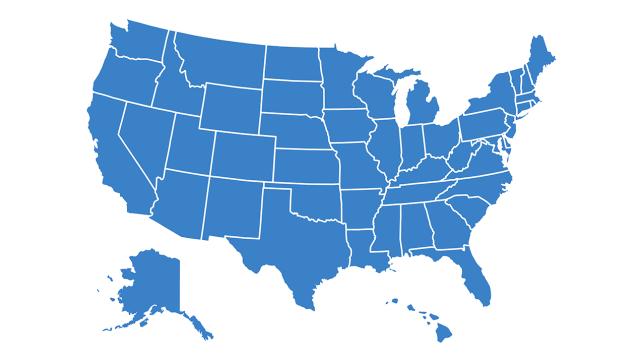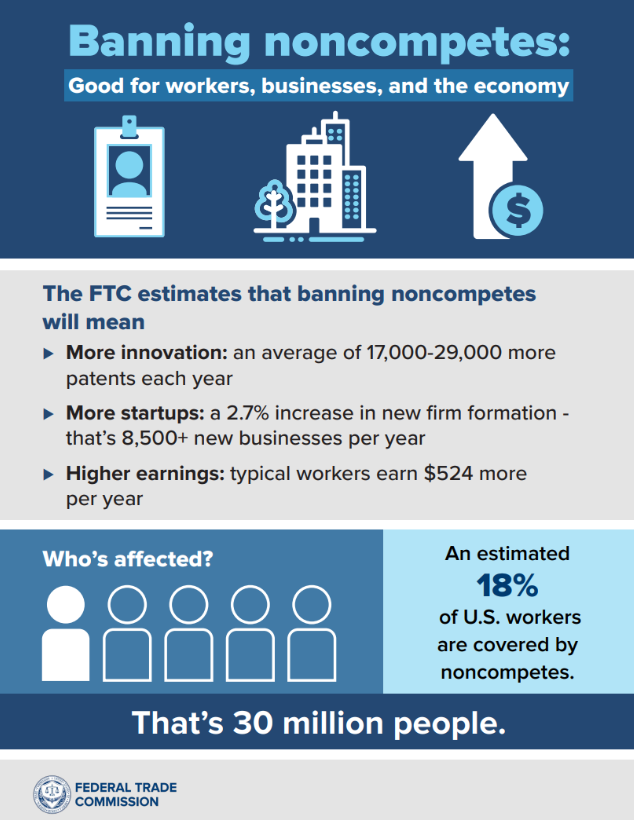Under the Noncompete Rule, the FTC adopted a comprehensive ban on new noncompetes with all workers, including senior executives.
The final Noncompete Rule provides that it is an unfair method of competition—and therefore a violation of Section 5—for employers to enter into noncompetes with workers.
For existing noncompetes, the final rule adopts a different approach for senior executives than for other workers. For senior executives, existing noncompetes can remain in force. Existing noncompetes with workers other than senior executives are not enforceable after the effective date.
- Fewer than 1% of workers are estimated to be senior executives under the final rule.
- Specifically, the final rule defines the term “senior executive” to refer to workers earning more than $151,164 who are in a “policy-making position.”








